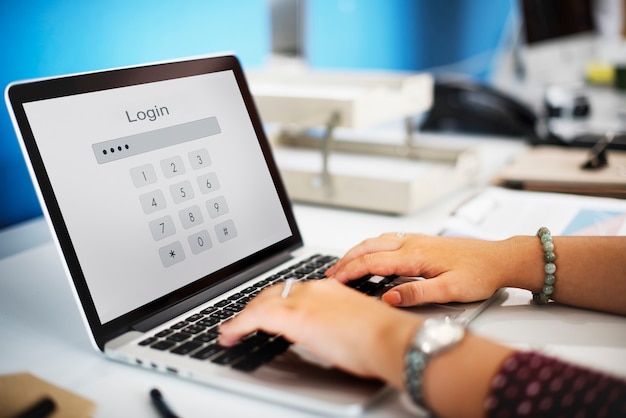Regularly Update Your Bank Account Password: 6 Essential Tips to Keep in Mind

In today’s digital age, keeping your bank account secure is more important than ever. Your bank account is not just a place for your money; it also holds sensitive personal information. Therefore, adopting strong security measures, like regularly changing your bank account password, is essential. Here are six reasons why this should be a regular part of your financial routine:
1. **Rising Cyber Threats**
Cyber threats are constantly evolving. What was secure yesterday might not be today. Regularly changing your password is like updating the locks on your digital front door, making it harder for cybercriminals to break in. Scams like phishing, malware, and ransomware are also on the rise, often tricking users into revealing their passwords. By frequently updating your password and staying vigilant, you create a moving target that’s harder for hackers to hit. Using a mix of letters, numbers, and special characters ensures that even if your password is compromised, it won’t be useful for long.
2. **Frequent Data Breaches**
Data breaches are becoming more common, with hackers targeting institutions that store large amounts of personal data, including bank information. If a service you use is breached, your first line of defense is to change your passwords, especially your bank account password, to prevent unauthorized access.
3. **Shared Information Risks**
Many people use the same password across multiple sites for convenience, which can be risky. If one site is compromised, it can lead to a domino effect. Regularly changing your bank account password and keeping it unique from other passwords significantly reduces this risk.
4. **Sophisticated Phishing Scams**
Phishing scams are becoming more sophisticated, tricking people into revealing personal information, including passwords. Regularly updating your password can be an effective countermeasure if you ever accidentally disclose your details.
5. **Public Browsing Risks**
With mobile banking, logging into your account in public places is sometimes unavoidable. Regularly changing your bank account password helps mitigate the risk posed by “shoulder surfers” who might catch a glimpse of your credentials.
6. **Peace of Mind**
Taking proactive steps to protect your personal information, like updating your password, ensures a more secure future. This practice is fundamental to maintaining digital health, much like double-checking that your doors are locked before bed. It’s a simple action that supports a secure financial environment.
**How to Change Your Password Effectively**
Changing your bank account password regularly is important, but it must be done correctly. Choose a strong, complex password that includes letters, numbers, and symbols. Avoid common words and personal information that could be easily guessed. Using a reliable password manager can also help you securely manage your passwords.
In summary, regularly updating your bank account password is crucial for protecting your finances and personal information. By being vigilant and proactive with your digital security, you’re not only keeping your money safe but also ensuring ongoing peace of mind.